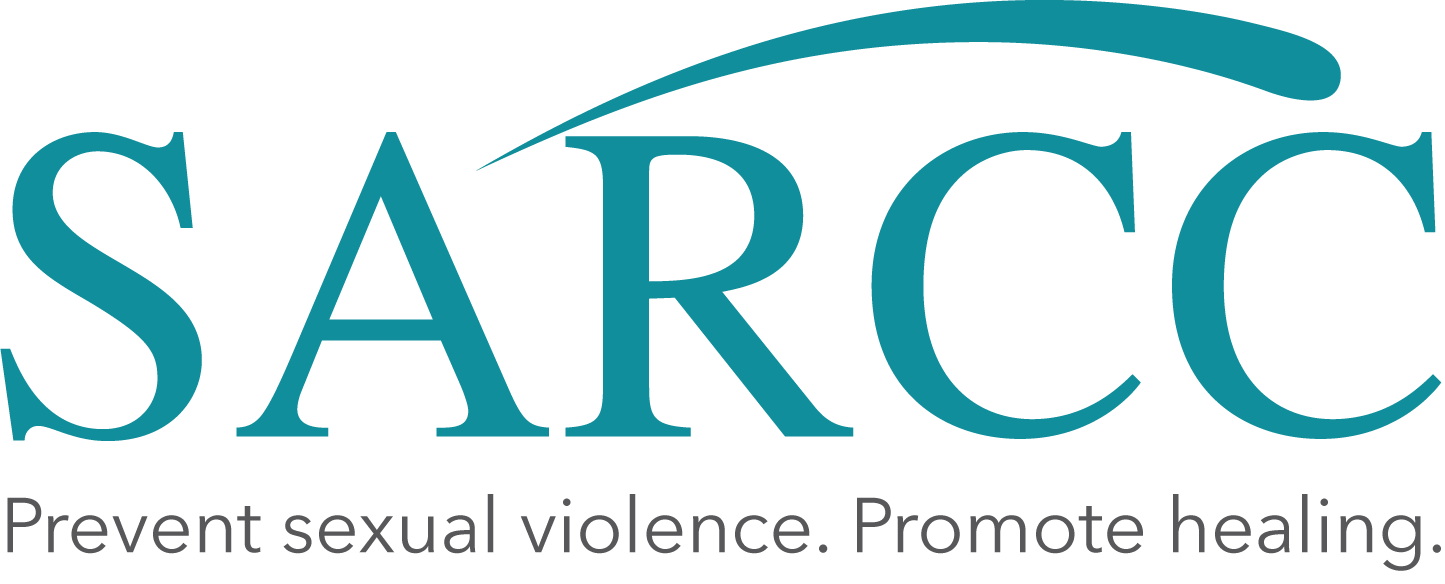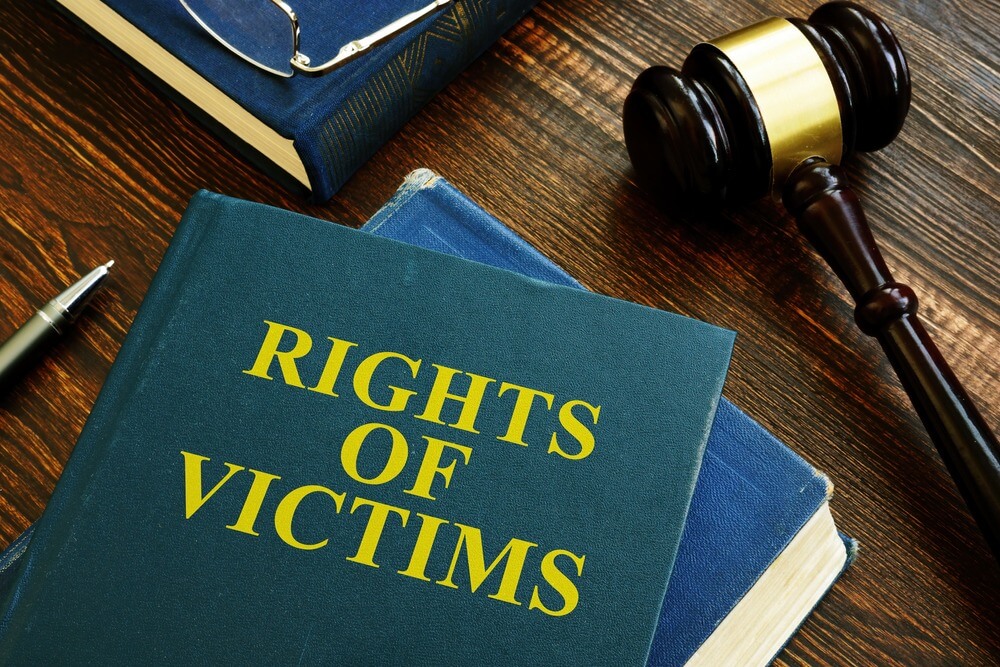Independence Day in the United States is a time to pause and reflect on the history of the struggle for independence and the establishment of personal right and freedom as a new nation. Founders of the United States of America worked in partnership and collaboration to establish a democratic form of government and a system of checks and balances. On July 4, 1776 independence was declared, and since that time personal rights and freedoms have been established, challenged, updated, and evolved to reflect the needs of the people.
Similarly, survivors of sexual assault, abuse, harassment, and trafficking have worked in collaboration over decades to establish common rights and access to justice system resolution, civil protections, compensation for financial losses related to the crimes they experienced, and secure access to supportive services. Organizations like SARCC were founded in communities across the state of Pennsylvania and the country with goal of working in systems to help establish and protect rights for victims of these crimes.
In Pennsylvania, state statue codifies a bill of rights for victims of violent crime. These rights, which can be reviewed on the PA Commission on Crime & Delinquency (PCCD) website are overseen through the Pennsylvania office of the victim advocate. The PA crime victims rights includes:
- To be provided with basic information on available services;
- To be told about certain significant actions within the justice system pertaining to the victims’ case.
- This includes the granting or denial of bail to an adult offender, the detention or release of a juvenile, the filing of a petition alleging delinquency, and the escape and subsequent apprehension of an adult prior to trial or a juvenile prior to adjudication;
- To receive information of the availability of crime victim’s compensation;
- To be notified of the Address Confidentiality Program if eligible to apply;
- To not be excluded from a criminal proceeding unless the court, based on the record before it, determines that testimony by the victim would be materially altered if the victim heard other testimony at the proceeding.
- To offer comment regarding a defendant’s bail conditions at the time that bail conditions are imposed or at any subsequent proceeding where bail conditions may be modified.
- To be accompanied at all proceedings by a family member, a victim advocate or other support person;
- To give prior comment on the sentencing decision regarding an adult offender or the disposition of a delinquent child;
- To receive help in preparing an oral and/or written victim impact statement detailing the physical, psychological, and economic effects of the crime, which will be considered by the courts;
- To be restored as one was before the crime, as much as possible, through restitution, have property returned that was seized as evidence but no longer needed for prosecution, and to receive
- assistance with preparing, submitting, and follow-up with a claim for compensation;
- To be notified of an adult offender’s transfer from a state prison to a mental health facility and the discharge, transfer, or escape of the adult offender from that facility;
- To receive immediate notice of the release of an adult offender on bail who is incarcerated in a local
- prison for a violation of a Protection From Abuse (PFA) order, Sexual Violence Protection Order (SVPO), or Protection From Intimidation (PFI) order, or for a personal injury crime committed against the victim protected by the order;
- To have notice and to provide prior comment on a judicial recommendation that the defendant participate in a motivational boot camp;
- To have notice and provide comment on resentencing decisions regarding an offender;
- To be notified of the disposition and sentence of an adult, including sentence modifications;
- To have notice and provide prior comment on the prosecutor’s waiver of eligibility requirement of an offender to enter the Recidivism Risk Reduction Incentive (RRRI) Program;
- To be notified and provide comment if the court considers an offender to be eligible for participation in the State Drug Treatment Program;
- To receive pre-parole notifications 90 days before the parole date of the offender;
- To submit pre-parole statements regarding the offender’s parole supervision, including suggestions of special conditions, submit a written petition to deny parole, and appear in person or through representation to provide testimony before the parole panel;
- Receive notice of the parole board’s decision before the offender’s release;
- To be present at trials and the execution of an offender; and
- To receive notice of the arrest of a defendant for violating a PFA order.
In addition, survivors of sexual assault specific rights related to their victimization experience and popsicle aftermath. These include:
- To receive information concerning the availability of protection orders;
- To have the confidential support of a counselor from a rape crisis center at the hospital during and after a forensic rape exam (call 1-888-772-7227 to contact a local rape crisis center);
- To have a sexual assault evidence kit collected and tested anonymously/without a name attached to it;
- To have a sexual assault evidence kit collected and tested even if the exact location of the crime cannot be provided;
- To not be billed or charged for the costs of a forensic exam or sexual assault evidence kit;
- To have sexual assault evidence kept according to the statute of limitations; and
- To be notified of the status of a sexual assault evidence kit, if requested, including at least 60 days prior to the destruction of evidence.
If at any time you have questions about your rights as a survivor of sexual assault or abuse, know that you can talk with an advocate 24/7/365 by contacting the SARCC Hotline at 570-628-2965 or 717-272-5308. No one chooses to experience sexual assault; but you can choose how you heal from it and move forward. You don’t have to make these choices alone.



